Gastrectomy for Stomach Cancer
According to Dr Soumen Das, a cancer surgeon in Kolkata, most stomach cancers are discovered by doctors in their later stages. As a result, almost all patients with stomach cancer require surgery.
Surgery is performed with the intent of curing the disease. Surgery can also help patients improve their quality of life by allowing them to eat and be more comfortable.
To treat stomach cancer, doctors recommend gastrectomy. It is the surgical removal of a portion or the entire stomach.
The surgery can be classified into two distinct subtypes:
- Partial Gastrectomy – This procedure involves the removal of a portion of the stomach. Typically, the lower half is removed.
- Total Gastrectomy – Doctors remove the entire stomach and the lymph nodes and fatty tissue surrounding it. The esophagus is then connected to the intestines by the surgical team. To facilitate digestion, a surgeon may create a new “stomach,” or pouch, by folding over a portion of the intestines.
Stomach removal does not impair patients’ ability to digest liquids and foods. However, following the procedure, patients may need to make several lifestyle changes.
Recovery after Gastrectomy
According to Dr Soumen Das, a cancer doctor in Kolkata, the recovery process depends on the amount of stomach removed by the surgeon. Patients who are about to undergo partial gastrectomy can anticipate the following:
- Spending between three and five days in the hospital following surgery
- Losing weight for one to six weeks
- Resuming a normal (or nearly normal) diet after three to six months of surgery
In case of total gastrectomy, patients can expect to:
- Stay in the hospital for five to eight days following surgery
- Lose weight for at least two months
- Adjust to a new dietary “normal” over the next several months as the digestive system heals
- Take a multivitamin containing calcium and iron to prevent anaemia
- Take a vitamin B12 supplement
After surgery, patients may experience dumping syndrome. These symptoms occur a short time after eating, as food travels too fast into the intestine. Patients may experience:
- Abdominal cramping
- Pain
- Diarrhoea
- Light headedness
How to improve symptoms after surgery?
Consuming smaller, more frequent meals can help alleviate or prevent unpleasant symptoms following a gastrectomy, says Dr Soumen Das, a surgical oncologist in Kolkata. Additionally, a high-protein, low-carbohydrate diet may help patients feel better after eating.
After stomach surgery, adjusting to a new way of eating can take time and patience. It may be comforting to know that unpleasant symptoms such as abdominal cramping and pain typically improve or resolve over time. Generally, one year after surgery, many people have returned to their normal (or near-normal) eating habits.


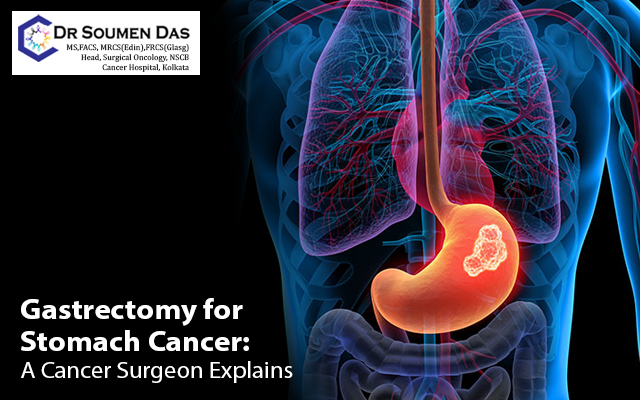
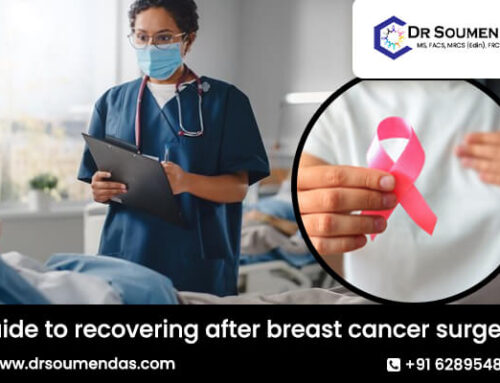
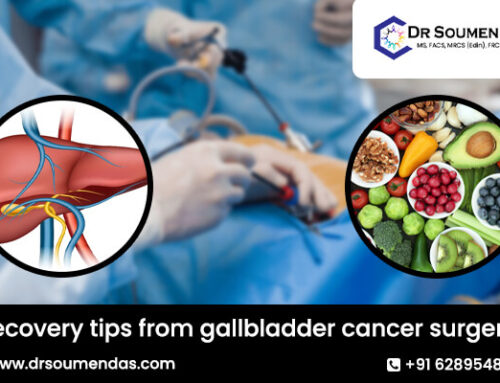
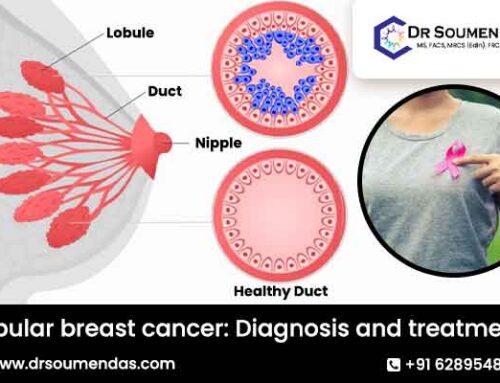
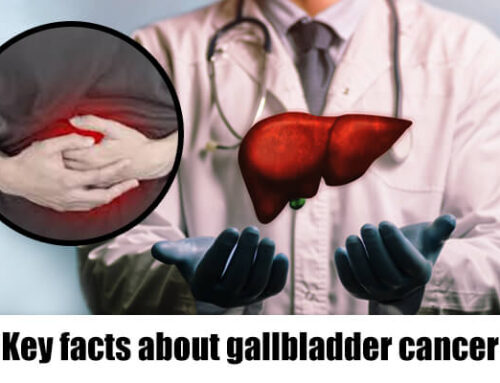
Leave A Comment